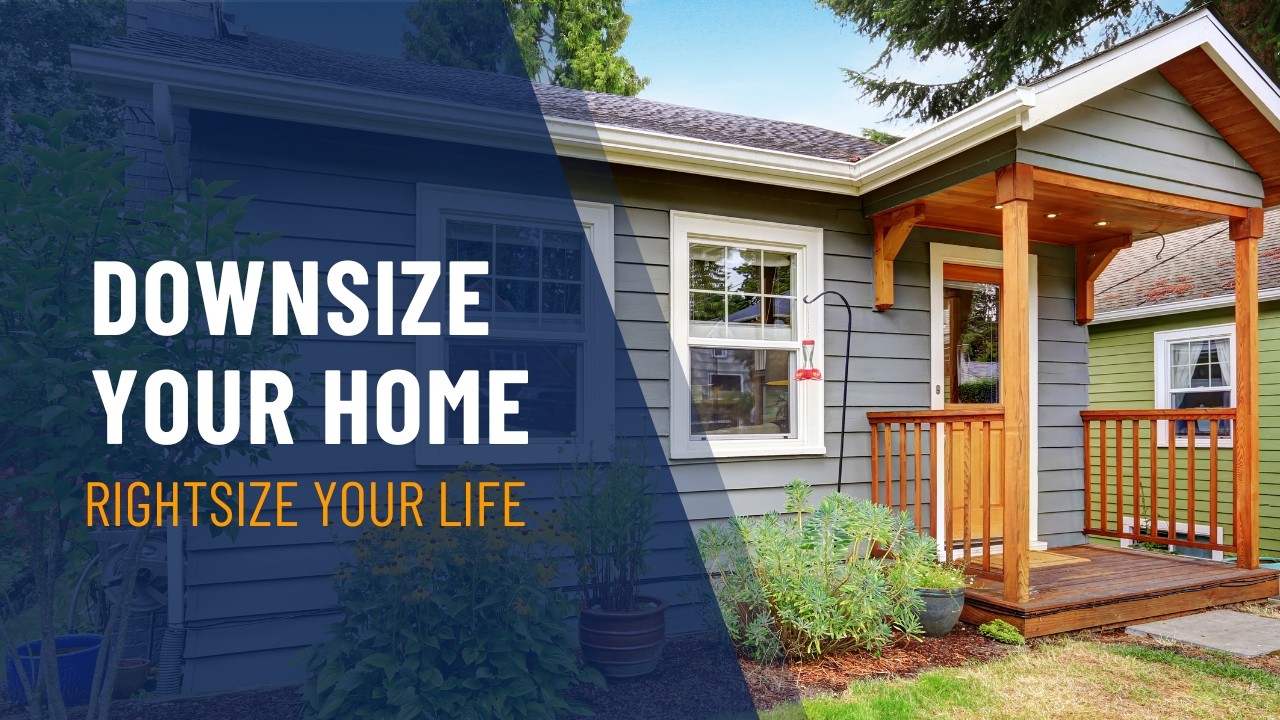
Downsize your home, rightsize your life
When you've lived somewhere for many years, it can be tough to say goodbye. But if you (or a loved one) currently have a home that is bigger than necessary or is too high maintenance, it may be time to trade unused square footage for a smaller, more manageable space.
Take it from the downsizers who’ve been there: Although living small might require some adjustments, it can also be liberating––especially if you're in a stage of life where past responsibilities have given way to new possibilities and adventures.
In fact, many downsizers report feeling invigorated by the change, according to real estate journalist and author Sheri Koones. “It scares people to think of moving into a smaller space,” said Koones to the Associated Press. “But every single person I interviewed who has made the transition says they are so happy they did.”
The key is to find somewhere you can live well and move around comfortably, without feeling overly restricted. If you like the idea of aging in place or are already in your golden years, you may also want to look for signs that a new home can conveniently age with you.
With that in mind, we recommend focusing your search around three key factors: desired lifestyle, optimal design, and long-term accessibility. Read on for specific tips, then call us for a free consultation. We can help you identify the types of homes that are best suited to living large with less.
Do you have a loved one whose housing needs have changed?
Share this information to help start a conversation about the benefits of downsizing.
DESIRED LIFESTYLE
The best part of downsizing is the lifestyle you unlock when you trade square footage for convenience. With fewer chores and home maintenance tasks to worry about, you can instead channel your energy into other pursuits.
For example, instead of spending your afternoons working in the yard or cleaning, you can catch up on the news, read a bestseller, start a new craft project, or pursue other hobbies. You may even be able to travel or spend more time with friends and family.
Research shows that individuals over the age of 65 report more life satisfaction when they have the opportunity to spend time around children, talk with friends, socialize in community centers, volunteer, or engage in hobbies. But that can be hard to do regularly when you've got a home that needs constant attention or you live far from your community.
As you compare potential homes, keep in mind the type of lifestyle you envision. Do you plan to travel? If so, a home with extra security, such as a condominium or gated community, may give you some welcome peace of mind. Or do you plan to have friends and family stay overnight? In that case, you may want to look for a floor plan with flex space or a property that has access to separate guest suites.
Alternatively, a senior community that offers catered meals and housekeeping may be a better choice if you or a spouse need extra support.
Action item: Grab a pen and take some time to envision what your ideal future might look like. Write down the activities and hobbies you hope to add to your life or continue with going forward, as well as the chores and responsibilities you'd love to drop. We can use those answers to help shape your house hunt.

